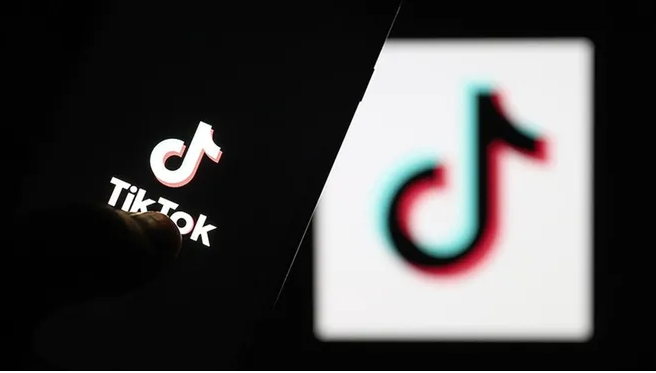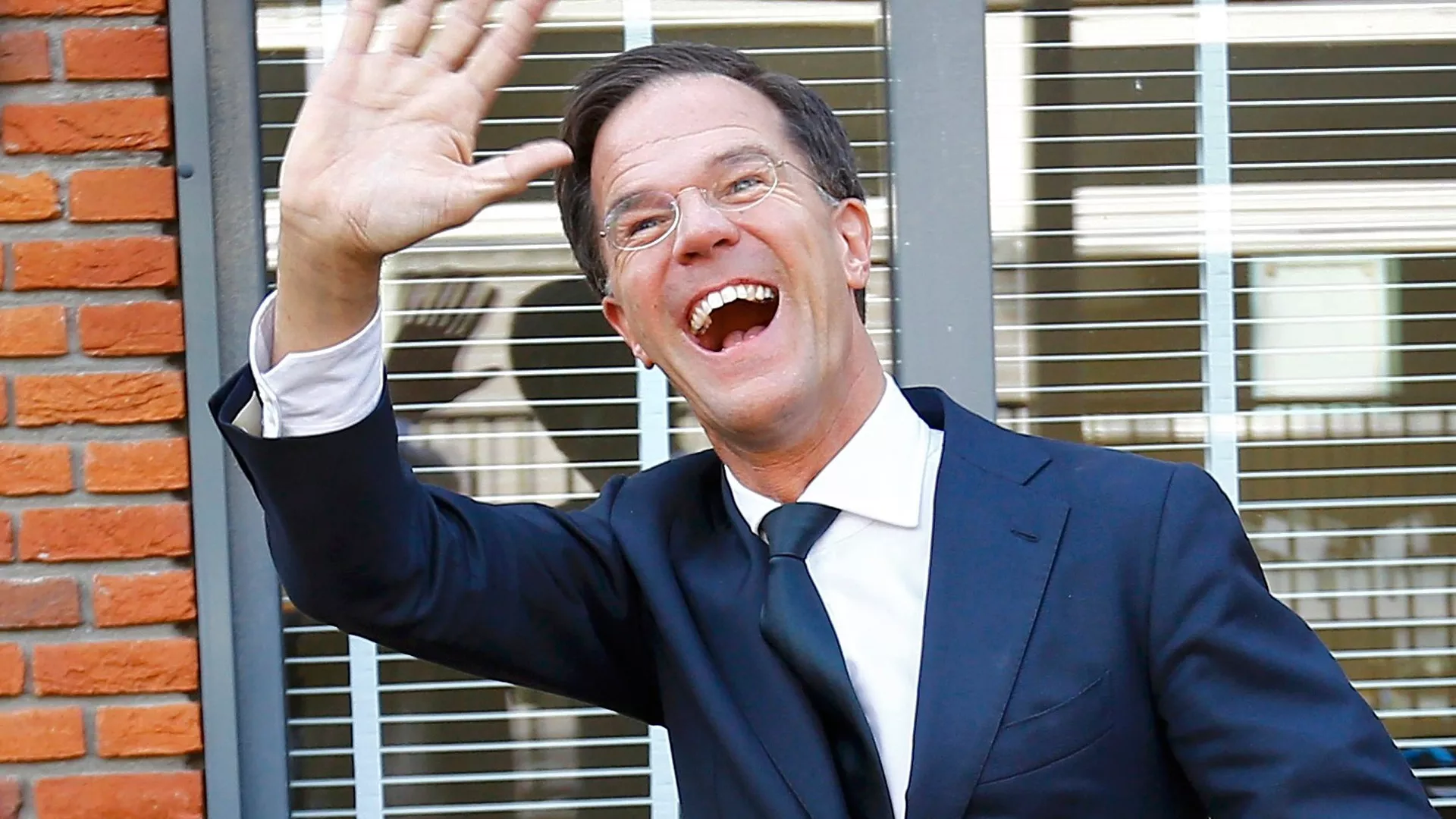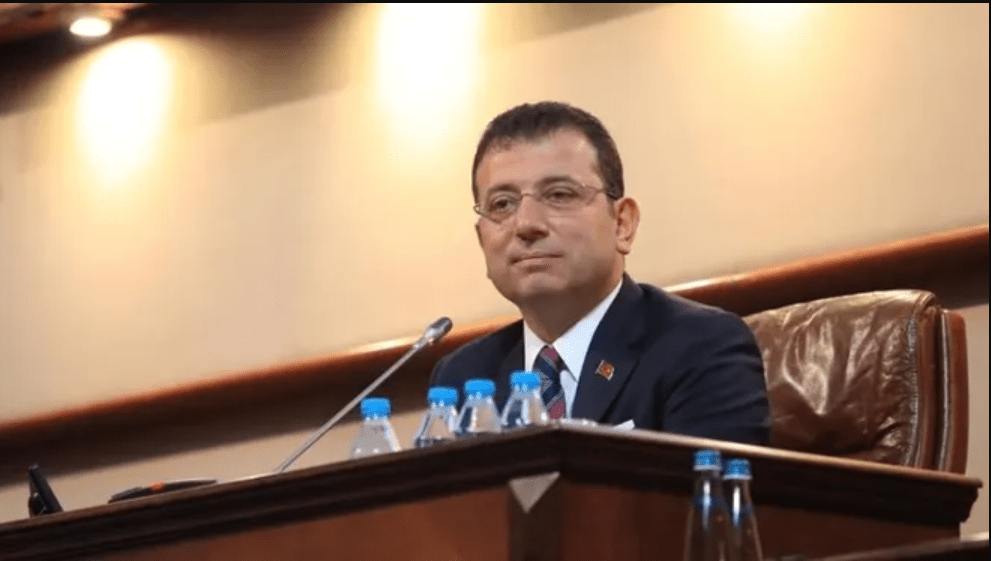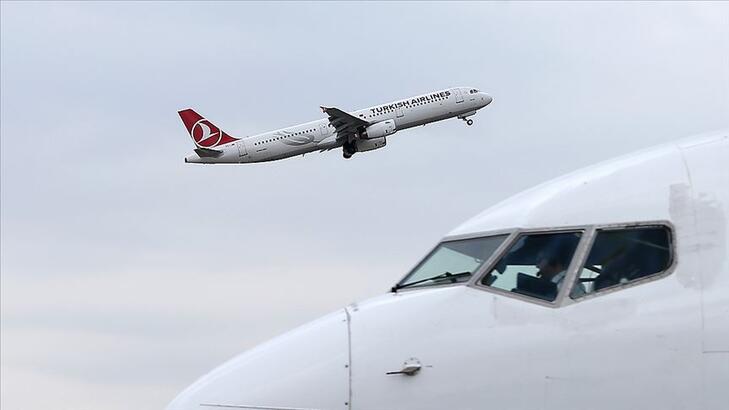Turkey’s first astronaut Alper Gezeravci is nearing his last days on the International Space Station.
On January 19, Alper Gezeravcı started his 36-hour space journey, and his first words were “The future is in the sky”.
Alper Gezeravcı, who made history as “Turkey’s first astronaut”, started his scientific studies after reaching the International Space Station (ISS).
The multinational Ax-3 crew, including Turks, Spanish-Americans, Italians and Swedes, docked with the ISS, a laboratory in low Earth orbit, at 13:15 on January 20.
13 experiments are planned
During his 14-day stay in space, Gezeravcı will launch 13 important experiments prepared for the mission at various universities and research institutions and determined by TUA and TÜBITAK Space Commission.
The experiments, which range from cancer to immune cells, algae to propolis, will contribute to the scientific literature.
Experiments such as gaining the ability to develop new generation materials for Turkey’s space, aviation and defense industries, making the propulsion systems of spacecraft more efficient, determining the carbon dioxide capture performance and oxygen production capabilities of microalgae species in zero gravity environment, developing new treatments and preventive measures for existing diseases in the world, and investigating the effect of propolis on bacteria in microgravity environment are also important in terms of providing benefits to the scientific world.
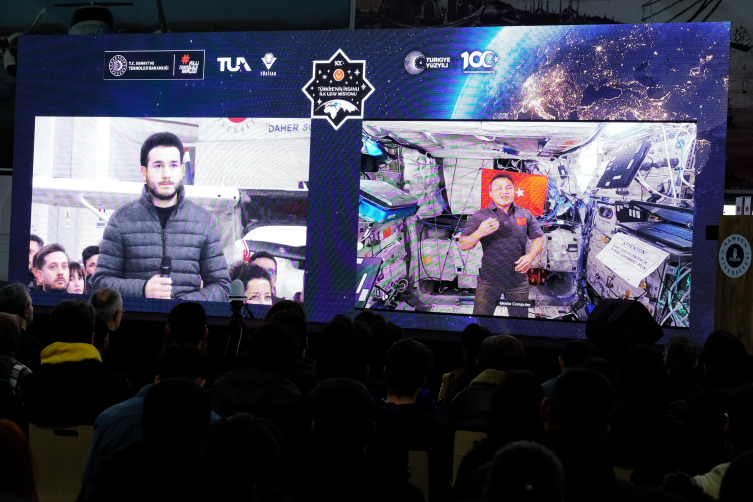
Selected among 36 thousand candidates
Gezeravcı, an F-16 pilot who had dreamed of becoming a pilot since childhood and had been doing so for 21 years, had learned that President Erdoğan had announced the “first manned space mission” on television while returning from an operational mission, and then applied to become the “first Turkish space traveler”.
In his speech at TEKNOFEST, the world’s largest aviation, space and technology festival, which started at Atatürk Airport at the end of April last year, President Erdoğan announced that Alper Gezeravcı and Tuva Cihangir Atasever were determined as the primary and substitute space travelers, respectively.
Turkey’s first manned space mission was carried out in cooperation with Axiom Space in the USA for the training and flight services of the “space travelers”. The training process of the astronauts was carried out in Houston, Texas, USA.
Launch postponed twice
Gezeravcı’s space journey was originally set for January 9, but the launch was postponed to January 17 due to unfavorable weather conditions.
The launch, which was expected to take place at 01.11 on the night connecting January 17 to January 18, was postponed for another 24 hours due to the “necessity of completing technical controls” and was carried out at 00.49 on January 19.
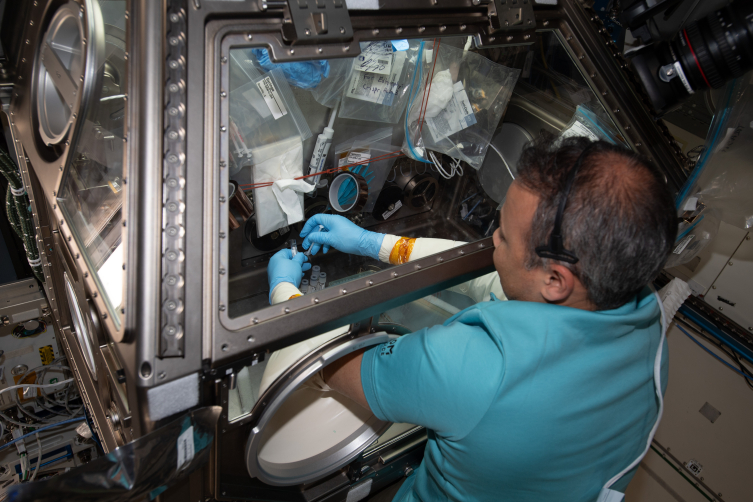
Call traffic from space
Working with a busy schedule, Gezeravcı had his first meeting with President Erdoğan via video conference.
The second meeting took place at the Gökmen Space Aviation Training Center in Bursa. Minister of Industry and Technology Mehmet Fatih Kacır met with Gezeravcı. Teknofest competitors also accompanied that meeting. Gezeravcı, Turkey’s first astronaut, also answered questions from Diyarbakır students.
Experiments will shed light on the world of science
Alper Gezeravcı was prepared for an intensive 14-day program. He started experiments within the scope of the Turkish Space Science Mission program. His first experiment was “VocalCORD”.
Gezeravcı continues to work on schedule with ALGALSPACE, EXTREMOPHYTE, CRISPR-GEM, UzMAn and Pranet experiments.
“UYNA”, the 10th of 13 experiments on the International Space Station (ISS), was launched yesterday.
The study, in which Ömür Can Odabaş from TÜBİTAK MAM is the project manager, will be carried out by using ELF in the KIBO module to produce high-strength alloys resistant to high temperatures.
The UYNA experiment, which will investigate the effects of antigravity environment on properties such as thermophysical and crystal growth during melting and solidification processes, is expected to make a significant contribution to Turkey’s ability to develop new generation materials for the space, aerospace and defense industries.
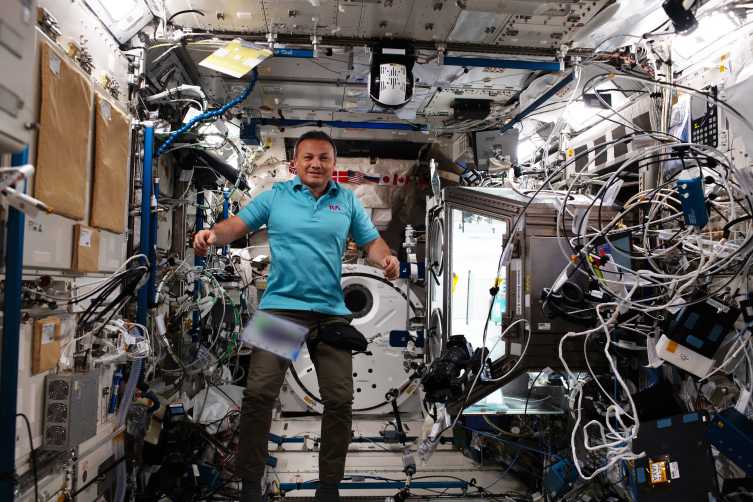
He has conducted 10 experiments so far
“UYNA”, the 10th of 13 experiments on the International Space Station (ISS), was launched yesterday.
The study, in which Ömür Can Odabaş from TÜBİTAK MAM is the project manager, will be carried out by using ELF in the KIBO module to produce high-strength alloys resistant to high temperatures.
The UYNA experiment, which will investigate the effects of antigravity environment on properties such as thermophysical and crystal growth during melting and solidification processes, is expected to make a significant contribution to Turkey’s ability to develop new generation materials for the space, aerospace and defense industries.
Astronaut Gezeravcı conducted the “MESSAGE” experiment, which investigates the genes whose function has not yet been discovered and their relationship with the immune system.
Gezeravcı, who also conducted the Propolis Antibacterial Effect of Propolis (PRANET) experiment, which is the proposal of Muş Science and Art Center students and whose teacher Birsen Geçer is the project manager, also started the “gMetal” experiment, which aims to make the propulsion systems of spacecraft more efficient, which is the project manager of Prof. Dr. İskender Gökalp from TÜBİTAK MAM and Ahmet Yozgatlıgil, Deputy Minister of Industry and Technology.
Gezeravcı is also continuing the “EXTREMOPHYTE” experiment, which investigates the physiological and molecular responses of the endemic halophyte plant Schrenkiella Parvula, which grows in Salt Lake, to the space environment.
“CRISPR-GEM”, which is the first step towards developing new plants to provide the nutrients needed by the large number of people who will live in space in the future and to support environmental controls in closed living environments, and “UzMAn” experiments, which investigate whether it is possible to use microalgae species in life support systems in space, are also continuing.
Gezeravcı is also conducting “ALGALSPACE”, which investigates the use of algae in the space environment in the areas of oxygen regeneration from carbon dioxide, additional food supply, water improvement, life support, and “VOCALCORD” experiments, which will enable the detection of vital reactions to living in space with changes caused by “vocal cord” and the identification of disorders caused by low gravity with sound frequencies.
The “OXYGEN SATURATION” experiment aims to identify the differences and disorders caused by low gravity by calculating the oxygen level of the air given with the support of artificial intelligence.
Gezeravci is expected to leave the International Space Station on February 2.


